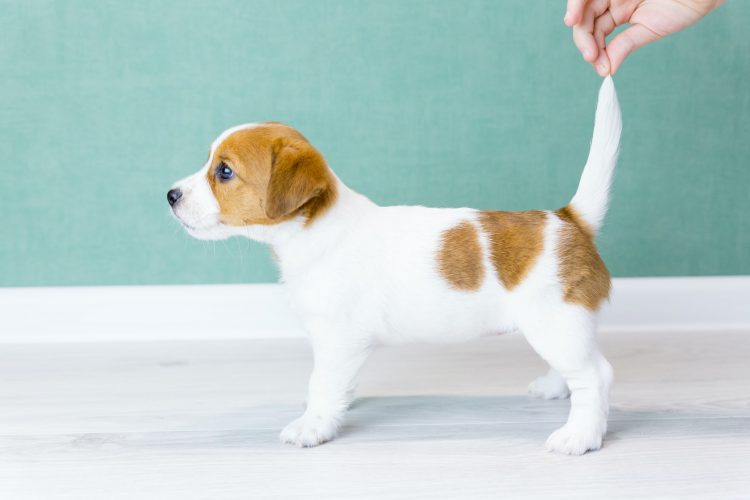What Causes Dogs to Chase Their Tails?
The following are some of the most common causes of dogs chasing their tails:
• They’re having a good time and acting silly.
This is especially prevalent in pups who are just starting to explore their surroundings and body.

• They’re uninterested.
To keep in good physical and mental shape, dogs require a lot of physical activity. If they’re bored, their tail could appear to be a fun toy.
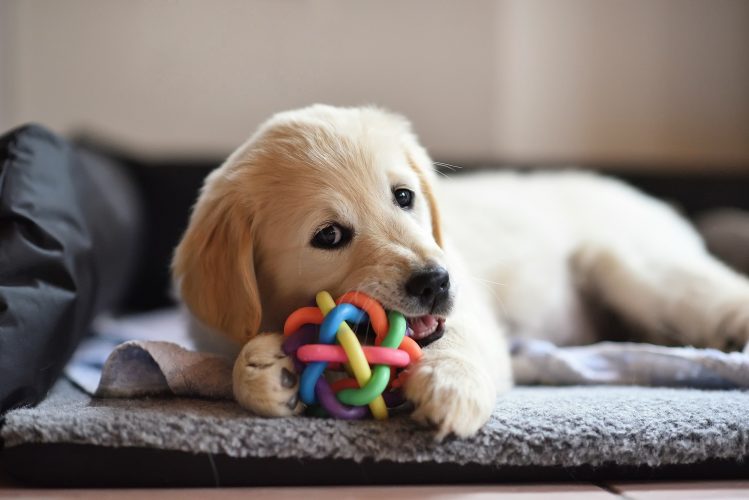
• They have a medical condition that has to be addressed.
Compulsive tail-chasing can be a symptom that your dog is suffering from a medical problem. Your dog should be evaluated by a veterinarian in this case.
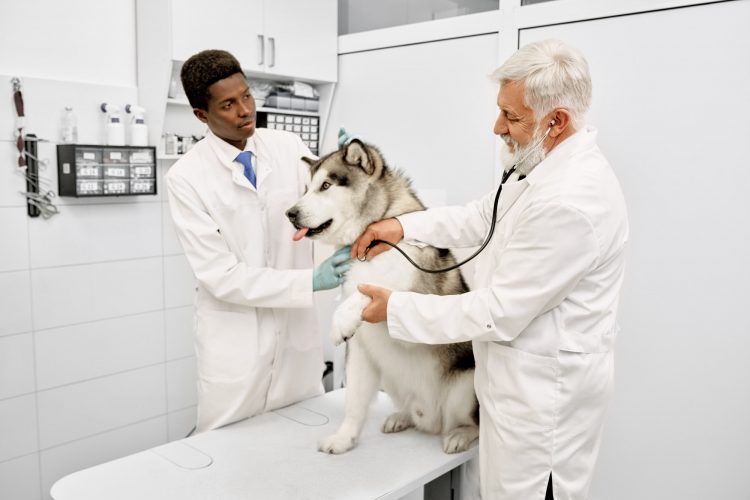
Usually, simply refocusing your dog’s attention will help them quit biting their tail. Give your dog a basic command like “sit” or “stop” if you notice them beginning to bite their tail.
However, if your dog chases his tail obsessively, the compulsion may worsen over time. In many situations, they will begin chewing their tail as well.

What causes dogs to chew on their tails?
Dogs will chew on their tails when they are bored or inquisitive about them. A dog chewing its tail can sometimes be an indication of something more serious.
Here are a few of the most common causes of dog tail chewing:
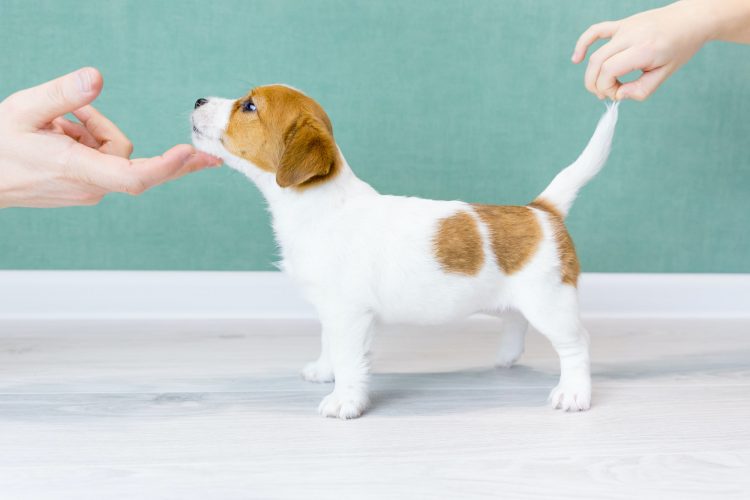
• Pain.
To provide alleviation, dogs will chew on a painful region of their tail.
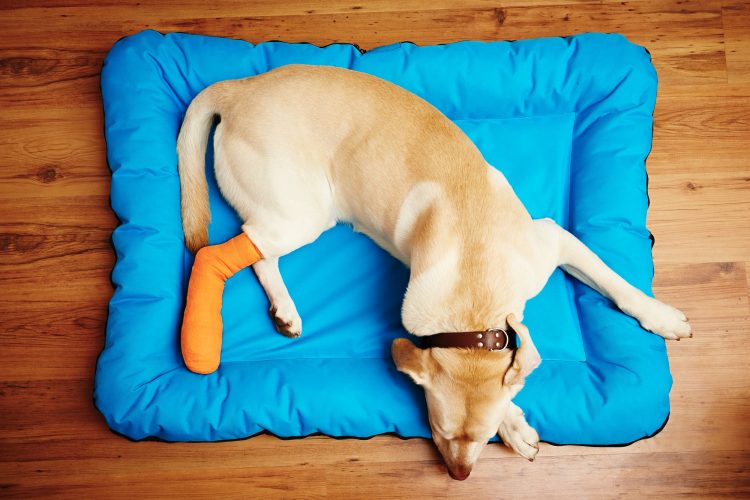
• An allergic response may occur.
A dog’s tail may be chewed to relieve itching or discomfort caused by an allergic response.
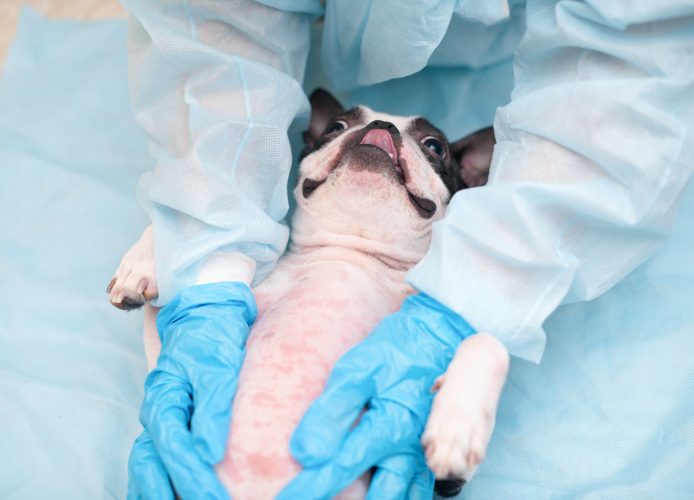
• Fleas.
Fleas are microscopic insects that can cling to dogs and cause them pain. • Intestinal parasites. Tail chewing could indicate that your dog has fleas.
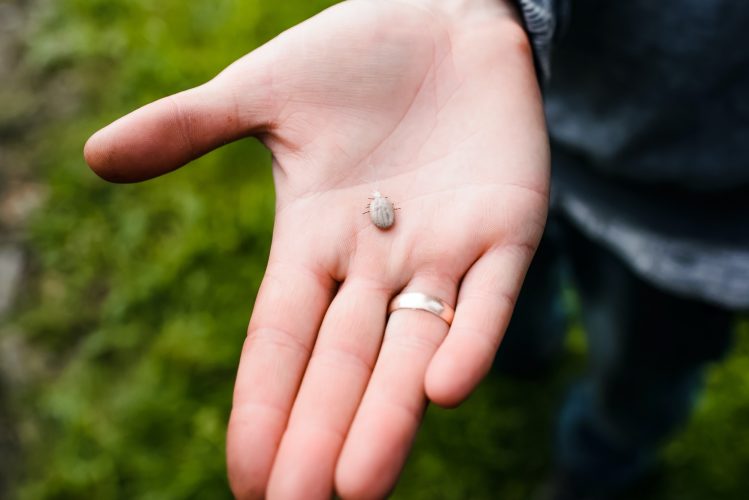
If your dog has a worm infection, he or she may chew on his or her tail to relieve the discomfort.

• They’re worried.
If your dog is nervous, they may lick or chew their tail. This is especially prevalent when you have new visitors or when there are thunderstorms.
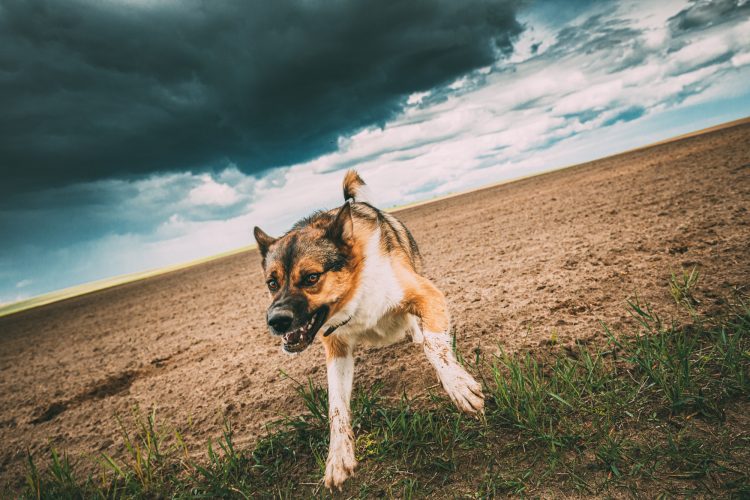
• A traumatic injury to the tail or spine.
A dog who chews his or her tail or spine may have internal harm that isn’t usually visible at first.

In other cases, a dog biting its tail could indicate compulsive behavior.
Please leave your comment below.

